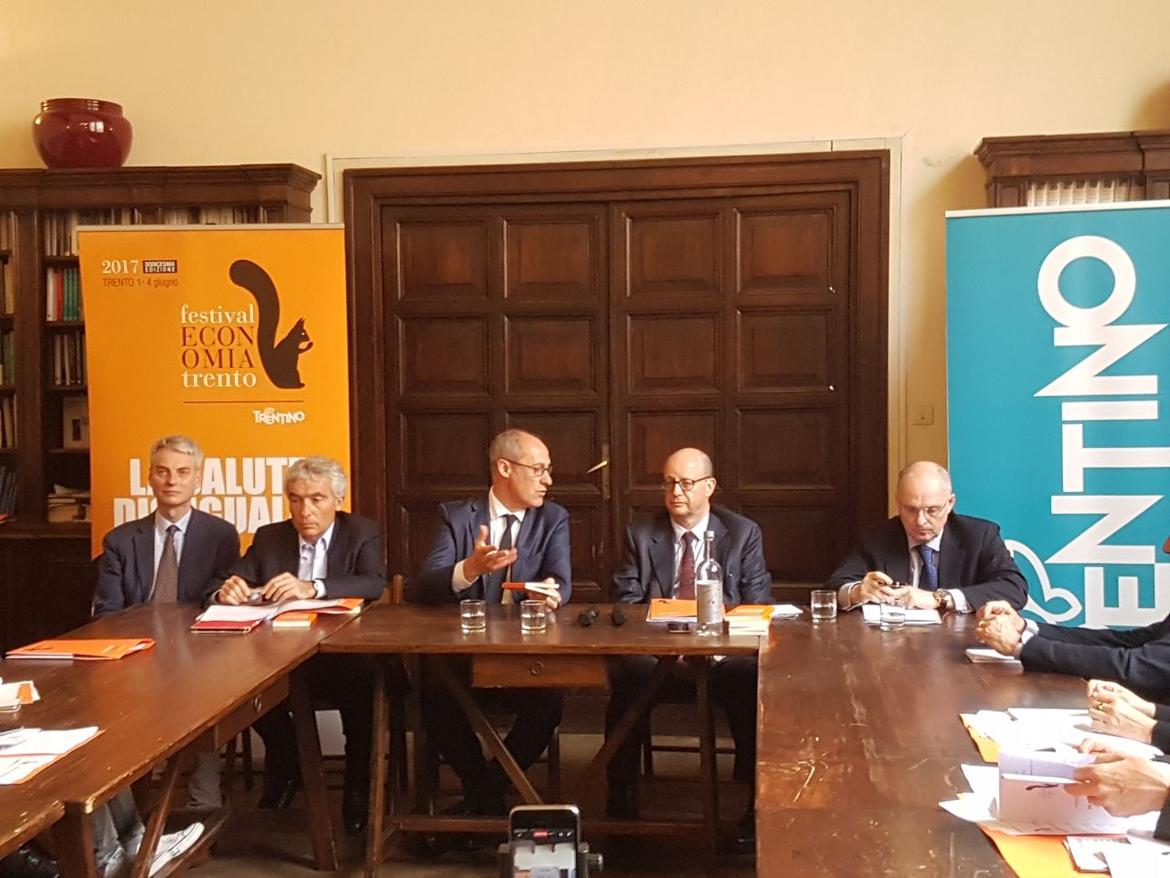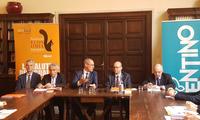
“Health is too important to be left solely to doctors - starts Boeri quoting Michael Marmot’s best seller “the Health Gap”, that inspired the main issue of TEF 2017 -, yet health is related not only to technical solution but to the nature of society”. This statement explains enough why next edition of TEF will discuss about health from an economic – but not only – point of view.
A deep contribution to the debate will be provided by Alvin Eliot Roth, Nobel Prize for Economics in 2012 and professor at the Stanford University, during the opening conference, while his “colleague” Jean Tirole, Nobel Prize for Economics in 2014 and director of the Jean-Jacques Laffont foundation at the Toulouse School of Economics, will afford ethical implications in market economy and social responsibility in private sector. Michael Kremer from Massachusetts Institute of Technology (MIT) will describe his experience in Advance Market Commitment (AMC) for vaccines to stimulate private investment in vaccine research and the distribution of vaccines for diseases in the developing world and Flavia Bustreo, deputy director general at the World Health Organisation (WHO) will show how big are disparities in infant mortality among countries. Of course, Michael Marmot himself, Professor of Epidemiology and Public Health at UCL and visiting professor at Harvard (other than chairman both at the World Medical Association or the WHO Commission on Social Determinants of Health) will demonstrate how much society influences health. Also from the United Kingdom the contribution by Nemat Shafik, first woman to be appointed as director at the London School of Economics. Moreover, Alan Bennet Krueger from Princeton University will investigate healthcare with specific relation to the workplace (since he also served as Chief Economist at the United States Department of Labour) while the conclusive speech at the Festival will be entrusted to Olivier Blanchard, Chief Economist at the International Monetary Fund (IMF). Just to mention a selection of international guests at the TEF.
Yet Trento, as usual, gives floor also to members of the Italian government and talking about health and economics it is unavoidable to relate two Ministers: Beatrice Lorenzin, Minister of Public Health, and Gian Carlo Padoan, Minister of Economy. Also Ignazio Visco, governor of Bankitalia, and Laura Boldrini, president of the Chamber of Deputies, will bring their ideas and suggestions to the discussion concerning the main topic of the Festival. Anyway, above all for insiders are most awaited the interventions of two Italian doctors, opinion leaders in health sector: Silvio Garattini, founder and director of the “Mario Negri” (a world famed Italian research institute), and Walter Ricciardi, chairman at the National Health Institute, who will introduce the topic “who fears vaccines?”. Finally, the most crowded event during the Festival is supposed to belong to Gino Strada, founder of Emergency.
“As Trentino, we are proud to continue guesting the Trento Economics Festival – concludes governor Ugo Rossi – and concerning “the Unequal Health” the mission of our policies is exactly to shrink such inequalities. Indeed, there is a tightest relation between social and economic development and effects that it produces on health and wellbeing of citizens”.
For further details about the programme, please visit:
http://2017.festivaleconomia.eu/home
(gg)








